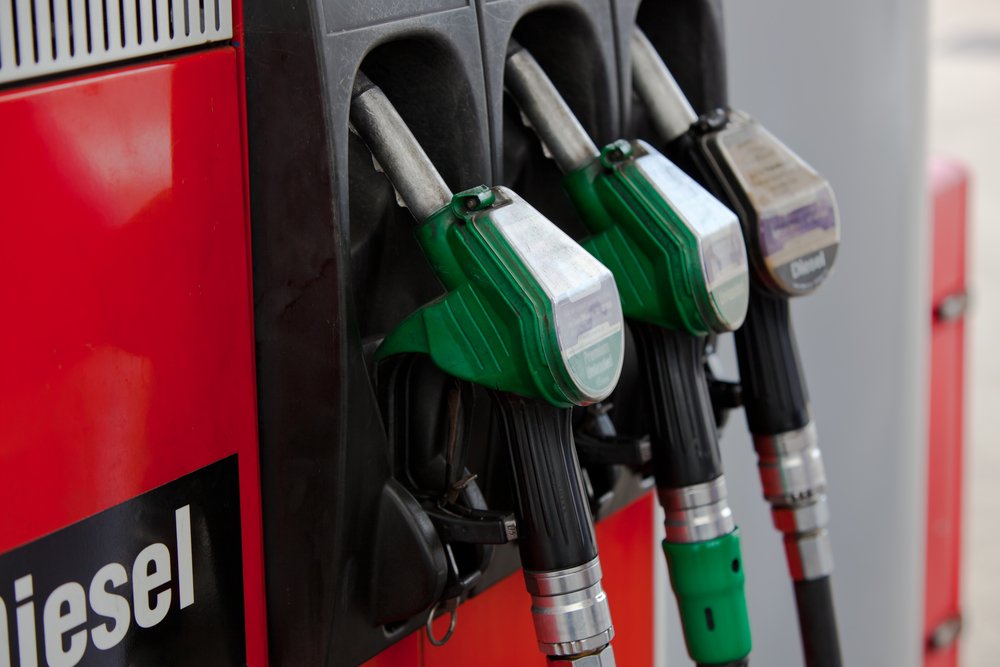
Fear As Fuel Price In Africa Spike Due To Russian War
It’s no secret that Russia’s invasion of Ukraine has sent international oil prices skyrocketing, and some economists are even predicting that the worst case scenario could be eventual fuel prices in the region.
Yesterday, the Zimbabwe Energy Regulatory Authority (Zera) announced a 10% hike in fuel prices on average where petrol will sell as US$1,67 per litre from US$1,44 per litre.
Zera increased the diesel price to US$1,68 per litre, from the US$1,51 announced in the first price adjustment last week.
There has been a wave of global oil price hikes since Russian forces tore through Ukraine on February 24 following weeks of military build-up.
Global Brent crude oil prices hit a 14-year high of US$139 per barrel on Monday, rising from about US$97 before the invasion, leading to the adjustments in Zimbabwe.
However Zimbabwe is not the only country affected, economists in South Africa are predicting an increase in fuel prices to R40 per litre in April, according to media reports.
According to early month data released by the Central Energy Fund, the average under-recovery for the current fuel price cycle, so far, is pointing towards an increase for South Africa and the region, of R2.15 for 95 Unleaded petrol and R2.71 for 500ppm diesel.
Furthermore, Moroccan truck and taxi drivers on Monday were observing a three-day strike in protest at spiraling fuel costs, a union said Tuesday, as oil prices spike.
Around three quarters of drivers were observing the strike, said Mounir Benazouz of the SNPTR truckers’ union.
Four other unions also joined the action which ended yesterday.
The government of Prime Minister Aziz Akhannouch has for weeks been facing growing unrest over mounting living costs, with price hikes on fuel and other essential goods sparking demonstrations across the North African kingdom.
Inflation in Africa, spurred by rising global commodities prices, topped three percent year-on-year in January, prior to Russia’s invasion of Ukraine.
In an analysis of global developments, IH said effects of the war would extend to wheat prices, leading to bread price hikes.
With 14% of global fertiliser exports currently stuck in Russia and the price of oil and gas continuing to climb as a result of the current conflict, the Citrus Growers’ Association of Southern Africa (CGA) said Africa can expect further increases in fertiliser, fuel and agrochemical prices.



